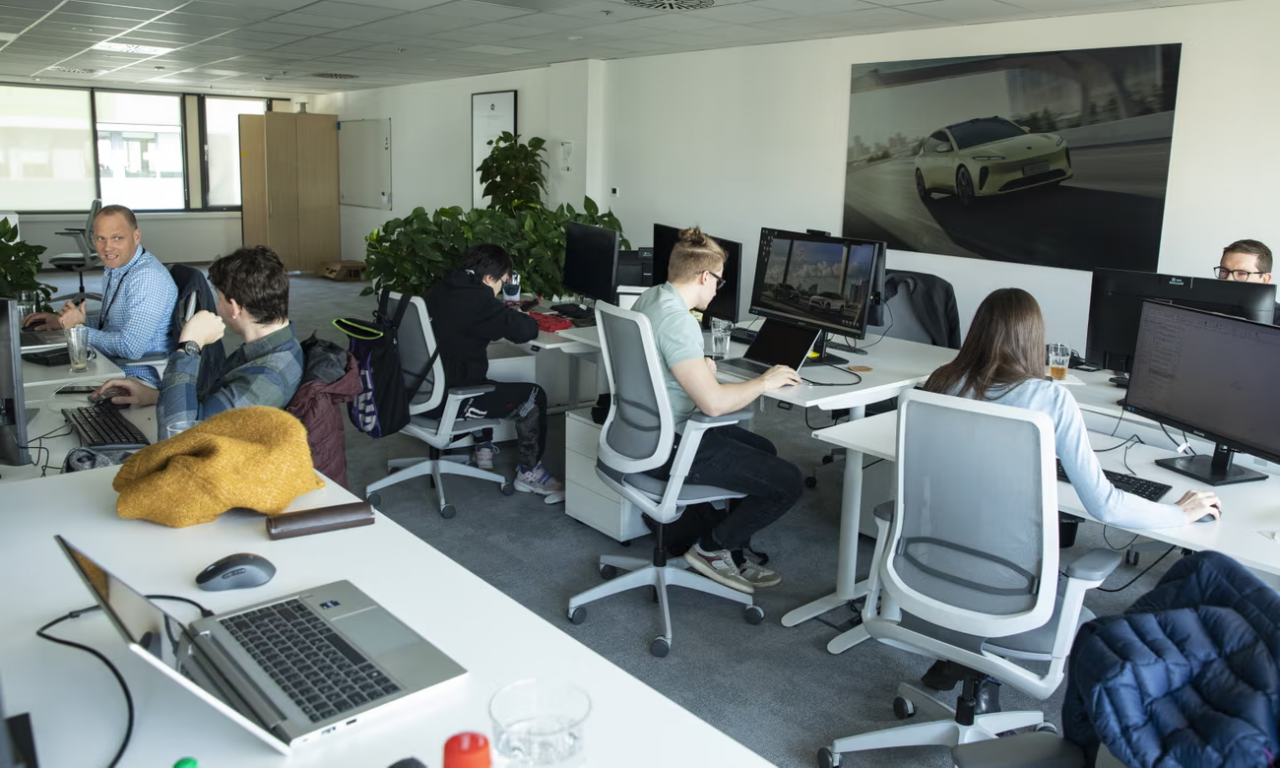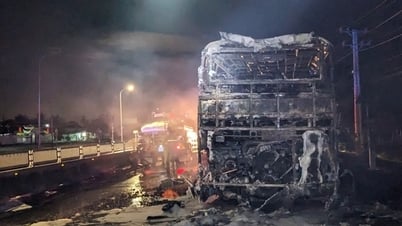Viện Nghiên cứu Chính sách Công (IPPR) cho biết các công việc không yêu cầu kỹ năng, bán thời gian và hành chính có khả năng dễ bị AI thay thế nhất khi các công nghệ mới được triển khai trong 3-5 năm tới.

Nhóm nghiên cứu cảnh báo Vương quốc Anh đang phải đối mặt với thời điểm quan trọng khi ngày càng có nhiều công ty ứng dụng công nghệ AI tạo sinh để tự động hóa các công việc hằng ngày tại công sở.
Báo cáo cho biết làn sóng ứng dụng AI đầu tiên này đã khiến người lao động gặp rủi ro. Tuy nhiên, làn sóng thứ hai mới dẫn đến việc tự động hóa nhiều công việc hơn trong bối cảnh đạt tiến bộ nhanh chóng trong AI.
Phân tích 22.000 công việc trong nền kinh tế, IPPR cho biết 11% công việc hiện đang do những người lao động có nguy cơ bị AI thay thế đảm nhận. Tuy nhiên, con số có thể tăng lên 59% trong làn sóng thứ hai khi các công nghệ phát triển để xử lý các quy trình ngày càng phức tạp.
Ở làn sóng thứ nhất, AI ảnh hưởng đến các công việc thông thường như quản lý cơ sở dữ liệu, lập kế hoạch và kiểm kê. Với làn sóng tiếp theo, nó tác động đến các công việc như tạo cơ sở dữ liệu, copywriting và thiết kế đồ họa.
Phụ nữ sẽ bị ảnh hưởng nhiều hơn vì "họ có nhiều khả năng làm việc trong các ngành nghề rủi ro nhất như thư ký và hành chính", báo cáo của IPPR nêu.
Trong kịch bản xấu nhất của làn sóng AI thứ hai, 7,9 triệu việc làm có thể bị thay thế, mức tăng trưởng GDP bằng không trong vòng 3 đến 5 năm. Đối với kịch bản tốt nhất, khi lực lượng lao động được tối ưu nhờ AI tạo sinh, sẽ không ai bị mất việc làm, còn quy mô của nền kinh tế có thể tăng 4%, tương đương khoảng 92 tỷ bảng mỗi năm.
IPPR cho rằng chính phủ Anh có thể hành động để ngăn chặn “ngày tận thế việc làm” và giúp khai thác sức mạnh của AI để thúc đẩy tăng trưởng kinh tế và nâng cao tiêu chuẩn sống.
Theo Carsten Jung, nhà kinh tế cấp cao tại IPPR, AI tạo sinh hoặc dẫn đến sự gián đoạn lớn của thị trường lao động hoặc thúc đẩy mạnh mẽ tăng trưởng kinh tế. Dù theo kịch bản nào, nó cũng thay đổi cuộc chơi của hàng triệu người.
“Song, công nghệ không phải là định mệnh và ngày tận thế việc làm không phải là không thể tránh khỏi - chính phủ, người sử dụng lao động và công đoàn có cơ hội đưa ra các quyết định quan trọng ngay bây giờ để đảm bảo chúng ta quản lý tốt công nghệ mới này. Nếu họ không hành động sớm, có thể sẽ quá muộn", chuyên gia khuyến cáo.
(Theo The Guardian)
Nguồn




![[Ảnh] Lãnh đạo tỉnh Gia Lai dâng hoa trước Tượng đài Bác Hồ với các dân tộc Tây Nguyên](https://vphoto.vietnam.vn/thumb/1200x675/vietnam/resource/IMAGE/2025/7/9/196438801da24b3cb6158d0501984818)

































































































Bình luận (0)